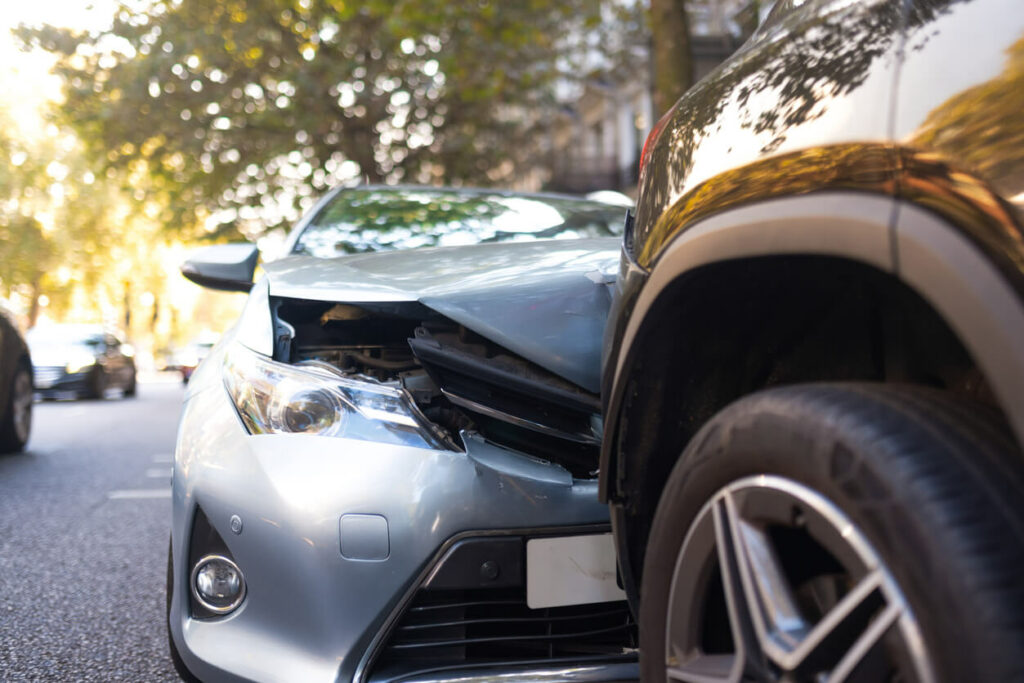
After a car accident, the pain can be overwhelming, both physically and emotionally. Many individuals suffer from injuries that disrupt their daily routines and overall quality of life.
Understanding common car accident injuries and how a physiatrist — a doctor specializing in physical medicine and rehabilitation — can help might be the first step toward your healing.
Let us explore common injuries resulting from car accidents, how they affect the body, and how working with a physiatrist can aid your recovery.
Common Car Accident Injuries
Car accidents can cause a wide range of injuries, from minor discomfort to long-term disabilities. Below are some of the most common injuries and how they can impact you.
Whiplash
Whiplash occurs when the head is suddenly jerked forward and backward, straining the neck muscles and ligaments. Symptoms may include:
- Neck pain and stiffness
- Headaches
- Problems with focus and memory
Back Injuries
The force of a collision can damage the spine and muscles in the back. Injuries such as herniated discs or muscle tears can lead to persistent back pain, limited mobility, and weakness in the legs or arms.
Bone Fractures
Broken bones are common in car accidents, especially in areas like the arms, legs, and ribs. Fractures require immediate medical attention and proper care to prevent long-term impacts.
Head and Brain Injuries
Concussions or traumatic brain injuries (TBIs) are serious risks. Even a low-speed crash can cause the brain to move inside the skull, leading to dizziness, memory loss, and severe headaches.
Muscle and Soft Tissue Injuries
Sprains, strains, and deep bruises are often overlooked but can cause severe discomfort. These injuries usually affect the shoulders, knees, and wrists.
How a Physiatrist Can Help with Recovery
A physiatrist focuses on restoring movement, managing pain, and improving your overall quality of life after an injury. They take a personalized and non-surgical approach to care and involve you in every step of the recovery process.
Pain Management
Physiatrists specialize in treating conditions that cause pain. They consider the following treatment options.
Nerve Block Injections
This is a type of treatment where a physiatrist or pain management doctor injects medication around specific nerves to block pain signals from reaching the brain.
After a car accident, nerve block injections can help relieve intense car accident pain caused by damaged or irritated nerves, allowing the body to heal more comfortably over time.
Myofascial Release Therapy
This is a hands-on treatment aimed at relieving tension and tightness in the muscles and connective tissues (called fascia). After a car accident, injuries can cause these tissues to stiffen or form painful knots.
This therapy helps improve mobility and reduce discomfort by stretching and loosening the affected areas.
Trigger Point Injections
These injections target “trigger points,” which are small, tight areas in the muscles that can cause pain. A doctor injects a small amount of medication, such as a local anesthetic, directly into the trigger point to relax the muscle and reduce pain.
This treatment is often used for muscle-related car accident pain.
Physical Rehabilitation
Rehabilitation is a crucial part of the recovery process after a car accident. Physiatrists design therapy programs tailored to your specific injuries. These programs may include.
Stretching and Strengthening Exercises
These exercises focus on improving the flexibility and strength of your muscles. This is crucial for recovering from pain caused by a car accident.
Stretching helps loosen tight muscles and improve your range of motion. Strengthening exercises rebuild muscle stability and support to prevent further damage or strain during recovery.
Mobility and Balance Training
Mobility exercises are designed to restore proper movement in your joints and muscles. They help you regain normal function after a car accident.
Balance training improves coordination and stability. This reduces the risk of falls or reinjury during everyday activities as you heal.
Techniques to Prevent Future Pain
These techniques include learning proper posture, body mechanics, and safe movement patterns. This helps avoid putting unnecessary strain on your body.
You may also learn how to identify and avoid activities that could trigger pain or delay recovery. These steps ensure long-term health and functionality.
Improving Daily Function
The goal of physiatrists is to help you regain as much independence and functionality as possible. They create strategies for returning to work, resuming hobbies, or performing daily activities without discomfort.
Treatment for Psychological Trauma
Some physiatrists also work with psychologists to address emotional well-being. Psychologists may offer relaxation techniques to help you cope with any mental health struggles.
Collaboration with Specialists
Physiatrists often work with a team of specialists, such as chiropractors or physical therapists, to provide comprehensive care. This collaborative approach ensures that all facets of your recovery are covered.
When to See a Physiatrist
If you are experiencing lingering car accident pain or difficulty functioning after a crash, it may be time to consult a physiatrist. Early treatment of car accident injuries can prevent further problems and speed up recovery.
Even if your pain seems minor, getting an assessment can uncover hidden injuries. Physiatrists focus on long-term healing and the prevention of chronic conditions.
Car Accident Pain Treatment in Wilmington, DE
You do not have to live with pain or discomfort after a car accident. At Delaware Back Pain & Sports Rehabilitation Centers, we will guide you on your journey to recovery and help you regain a pain-free life.
Our team of experienced physiatrists will provide you with compassionate care and effective physiatry treatment options tailored to your unique needs.
Contact one of our locations near you or fill out our appointment request form to schedule a consultation. We look forward to serving you!


